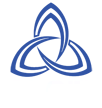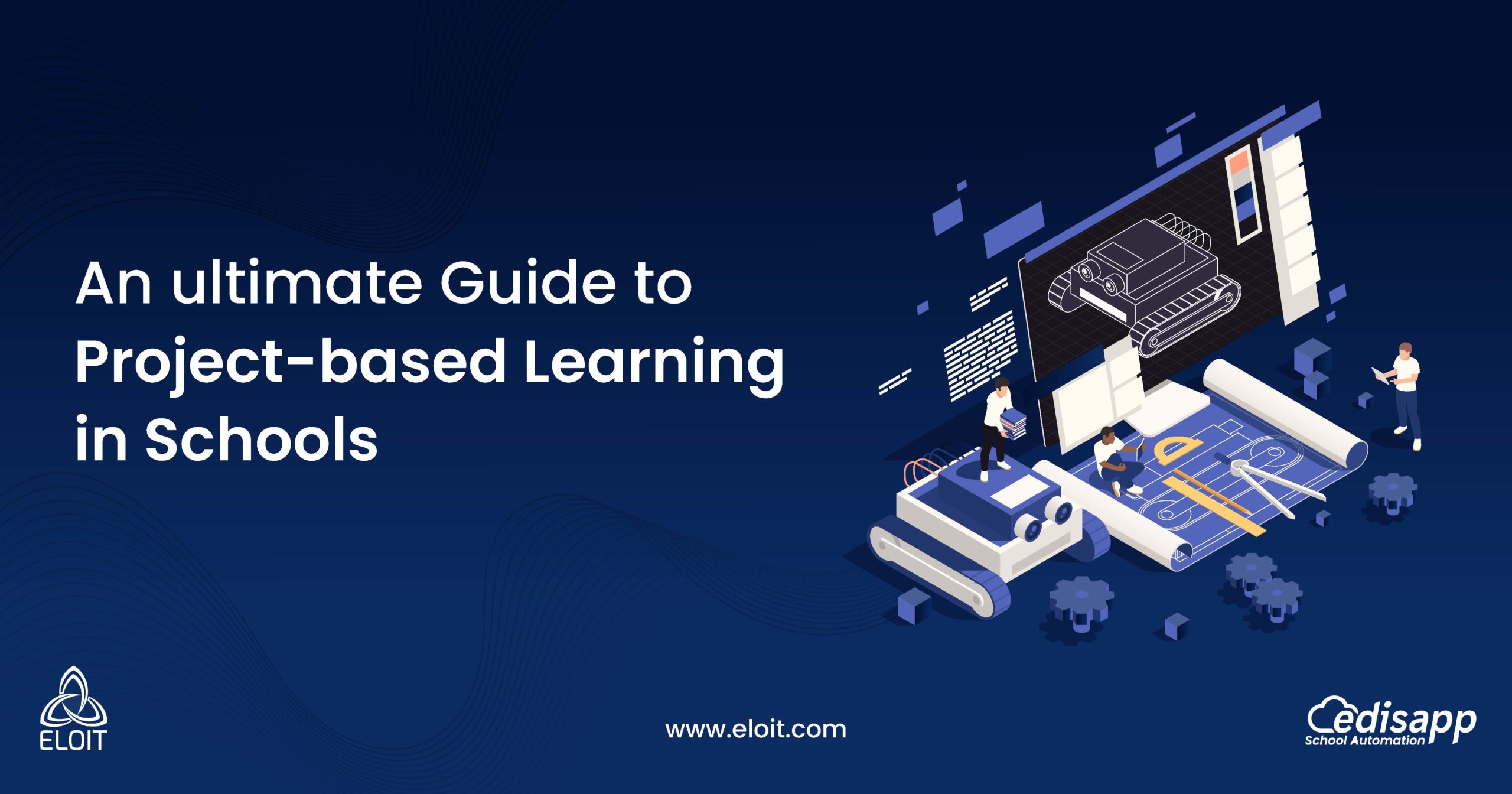Free Demo
Project-based Learning - Importance, Examples, and Benefits.
Today, the world is rapidly changing and adapting to new technologies. Education is another field that has shown quick advancements. Most schools have already introduced remote learning with the help of smartphones and the internet. Eventually, this modern education demands new methods of learning. Formative assessments, asynchronous learning, project-based learning, etc. are some innovative methods that improve the quality of schooling. These new methods benefit teachers, parents, and students in many ways. So, every school needs to use these strategies that make learning easier and more interesting for the students.
The following section will give you a comprehensive idea of what is project-based learning.
What is Project-based Learning?
Project-based learning or PBL is a new method of learning where students get opportunities to develop knowledge by engaging in projects. These projects are set around challenges they face in the real world. So, this type of learning is not like doing an ordinary project. Instead, students work on meaningful projects for an extended period which helps them develop problem-solving skills. Then they have to demonstrate what they have learned in front of a real audience.
Students can improve their critical thinking, creativity, and communication skills with the help of PBL. These are the main reasons why many schools have already started using PBL. Another feature of PBL is that students get projects similar to real-world challenges. Therefore, it might have multiple solutions that provide the participants with more exploration and engagement.
Now let's see the importance of PBL in schools.
Importance of Project-based Learning in Schools.
As you know, life is a series of events. As a result, students may have to face many challenges and find solutions on their own in the future. We must prepare them to face these challenges and be successful in life. So, we have to make them deal with real-world problems starting from school.
This is the power behind project-based learning schools that makes them so popular. Students will be dealing with real-world projects that make them critical thinkers, creative and self-motivated. The ability of an individual is defined by how he solves real-world issues. Therefore, project-based schools aim to prepare students for a project-based world. It can be achieved by making them work on practical examples. It helps students to simplify future problems and find a solution by themselves.
Characteristics of Project-Based Learning
The following are the three main features of meaningful project-based learning activities.
-
Interdisciplinary
As mentioned earlier, project-based schools are a futuristic concept. Therefore, the projects given to the students are real-world issues. These issues cannot be solved merely by knowledge or skills from a single subject. Students have to gather knowledge from multiple fields and collaborate with others to complete the project. It makes them great problem-solvers and critical thinkers in the future.
-
Dynamic
In project-based schools, you need to apply what you have learned, not just recall. Unlike traditional education, project-based learning activities allow students to learn and apply a variety of academic skills. Students will start the project by asking questions. These inquiries make them critical thinkers and use their skills to find solutions.
-
Student-centric
Unlike traditional learning, the role of the teacher in project-based schools is just a facilitator. Students are allowed to work on their projects independently. They are encouraged to make decisions and find the right solutions all by themselves. Teachers interfere in the projects only when students need support.
Benefits of Project-based Learning
The most important benefits of project-based learning schools include:
- Unlike traditional learning, project-based learning activities are not confined to textbooks and the classroom. Instead, it gives opportunities for the students to face real-world challenges and explore deeper.
- Project-based schools allow students to engage deeply with content rather than short-term memorization. They need to use these skills and knowledge multiple times in different scenarios.
- This type of learning keeps students engaged with interesting projects. As a result, it induces a positive attitude in students towards education.
- Project-based schools improve problem-solving skills, and communication skills and develop teamwork in students.
- PBL allows students to make their own decisions and choices, which means they don't feel forced by anyone.
- It connects students to real-world issues and prepare them to meet future challenges.
Project-based Learning Vs. Problem-based Learning
Since both problem-based learning and project-based learning contribute to PBL, some find it confusing. However, both these types of learning begin with a complex issue. Both are set across multiple concepts under one learning experience. Also, they help students to develop their critical thinking, creativity, and knowledge. But, the process of dealing with the issue and finding the solution is different in project-based learning and problem-based learning.
Project-based learning is a method in which students learn by exploring a real-world project. It actively encourages students to develop critical thinking and collaboration. Students will also have complete control over their projects. Because they can decide how the project will end and what the end product will look like. This type of learning often covers a larger array of disciplines and takes a longer time. Also, the task given to the students are of real-world problems.
Meanwhile, problem-based learning allows students to gain knowledge by solving real-time or real-life problems. It encourages students to find a proper solution to the given problem by using their skills and knowledge. This type of learning is also multidisciplinary but doesn't cover larger contents and often finishes quicker than the former type. Also, the problems given to the students may not be related to real-world issues.
Project-based Learning Examples
The following are examples of project-based learning activities that we can easily incorporate into every classroom.
-
PBL in Environmental Science
Here students visit a zoo as a part of the project to learn about the habitats of different animals. Students form in groups and discuss which habitat suits the best for a specific animal.
-
PBL in English
In this example, students need to answer a question like, "What role does censorship play in society?" Reading related books and creating an essay will help students complete this task.
-
PBL in Maths
The best example of inducing project-based learning activities into maths features an imaginary scenario in which they assume the role of a National Security Agency code breaker. Then they have to decode a message that tells the location of a planned terror attack. It helps students learn what to do in a real-world, high-pressure situation.
How to Implement Project-based Learning in Classrooms?
Here are some quick tips that help you implement project-based learning activities in classrooms effectively.
-
Start With Minor Changes.
Initially, you have to define a few targeted goals related to project-based education to work on this year. Then focus on the growth of the students by completing these goals. This process will keep the scope and duration of the project to a minimum. It allows you to gather meaningful feedback from the students and other professionals.
-
Look Through The Student's Perspective
Anyone can gain valuable insights about project-based learning models by looking from a student's point of view. You will get what questions they might have regarding this new way of learning. Teachers should also provide students with easy-to-understand resources to help them engage with project-based education. If students have early engagement with project-based education, it will be easy to improve their research skills, problem-solving skills, etc.
-
Multi-day Workshop
The best way to successfully get into a project-based learning model is to conduct a multi-day workshop. You will probably need to bring an experienced facilitator to organize the program.
-
Generate Meaningful Project Ideas
There are plenty of ways in which you can find meaningful project ideas. For example, you can get ideas online here. However, the internet is not the only place to get project ideas. You can also get them from current events, business needs, and the local community. Teachers can also search outside their specialism to find a suitable theme for the project.
-
Assessments
Don't forget how teachers will assess any project-based learning activities. Ask the students to create a product as the final assessment. It can be a book or a piece of art. Students can also exhibit their final product in front of the local people. Eventually, students will feel satisfied if the teachers recognise their works on time.
Conclusion
We can conclude that the project-based approach is a powerful learning method for students that helps them improve various skills. Moreover, it is not too late to think about the future. Future demands people with high critical thinking, problem-solving skills, and creativity. These are basic skills that every student should possess to succeed in life. This is the main reason why many schools have already started to think beyond traditional education.
Modern education needs innovative methods of learning. Project is one such technique that helps you relate education with real-world issues. We have already discussed everything you need to know about this method above. Now, all you need is an application like Edisapp to bring PBL to your school. This app has all the necessary features to start project-based learning in your school. So, don't wait to grab this golden opportunity and revamp your educational system.

